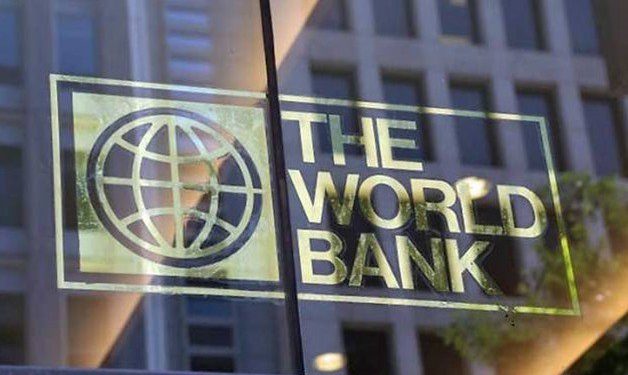The Federal Government of Nigeria has announced a strategic partnership with the World Bank Group to significantly increase land formalisation to 50% over the next decade, aiming to unlock over $300 billion in dead capital. This landmark initiative was revealed by the Minister of Housing and Urban Development, Arc. Musa Dangiwa, during the Nigerian Liveable Cities Workshop, organized by the Ministry in collaboration with the World Bank, held in Abuja.
National Land Documentation and Titling Programme
Minister Dangiwa emphasized the critical need for this partnership to drive a National Land Documentation and Titling Programme. Currently, less than 10% of land in Nigeria is registered and titled, leaving its vast economic potential largely untapped. The formalisation of land is expected to enhance property rights, stimulate investment, and contribute to the overall economic development of the country.
“It is a comprehensive initiative that encompasses sub-programmes that are very important to us,” said Dangiwa. “This includes housing and land management, urban services delivery, climate change action, urban management and finance, and transportation.”
Scope of the Initiative
The partnership aims to address various facets of urban and rural land management, focusing on:
Housing and Land Management: Improving the processes of land documentation and property management to create more secure and transparent property markets.
Urban Services Delivery: Enhancing the provision of essential services such as water, sanitation, and waste management in urban areas.
Climate Change Action: Integrating climate resilience measures into urban planning and land use.
Urban Management and Finance: Strengthening urban governance and financial systems to support sustainable city development.
Transportation: Improving transportation infrastructure to support better connectivity and mobility.
Economic Impact
The formalisation of land is anticipated to unlock over $300 billion in dead capital – assets that are currently non-productive due to lack of formal recognition. By providing formal titles to land, the government aims to empower landowners, enable them to leverage their properties for economic activities, and attract both domestic and foreign investments.
Collaborative Efforts
As part of the land reforms, the Federal Government and the World Bank will explore various strategies and best practices to ensure the effective implementation of the National Land Registration and Titling Programme. This includes leveraging technology for efficient land administration and engaging with local communities to foster acceptance and participation in the programme.
The partnership between Nigeria and the World Bank represents a significant step towards addressing the challenges of land formalisation and unlocking the economic potential of unregistered lands. By formalising 50% of the land over the next 10 years, Nigeria aims to create a more vibrant and inclusive economy, enhance property rights, and stimulate broad-based economic growth. The initiative underscores the government’s commitment to sustainable urban development and economic transformation.















